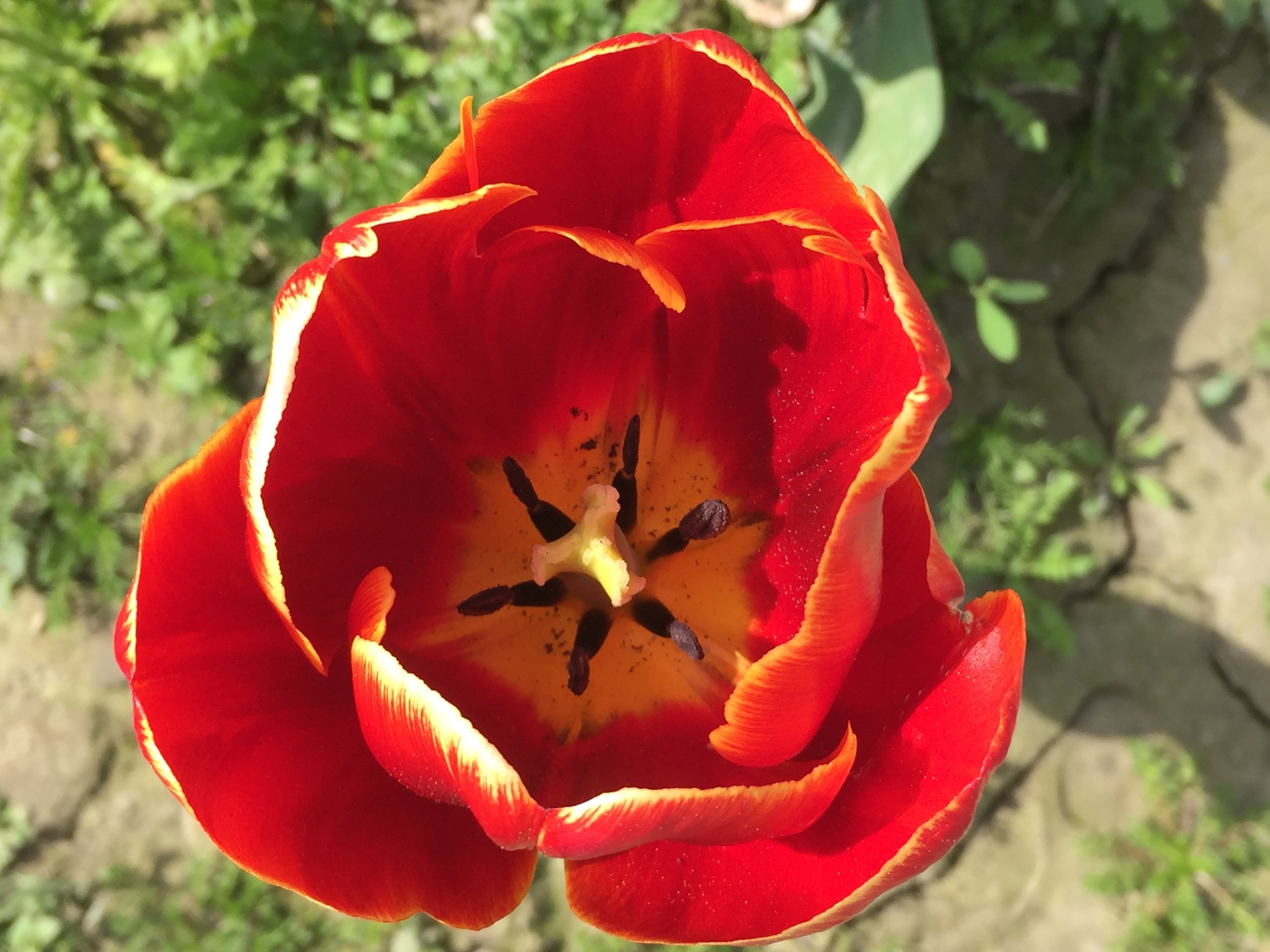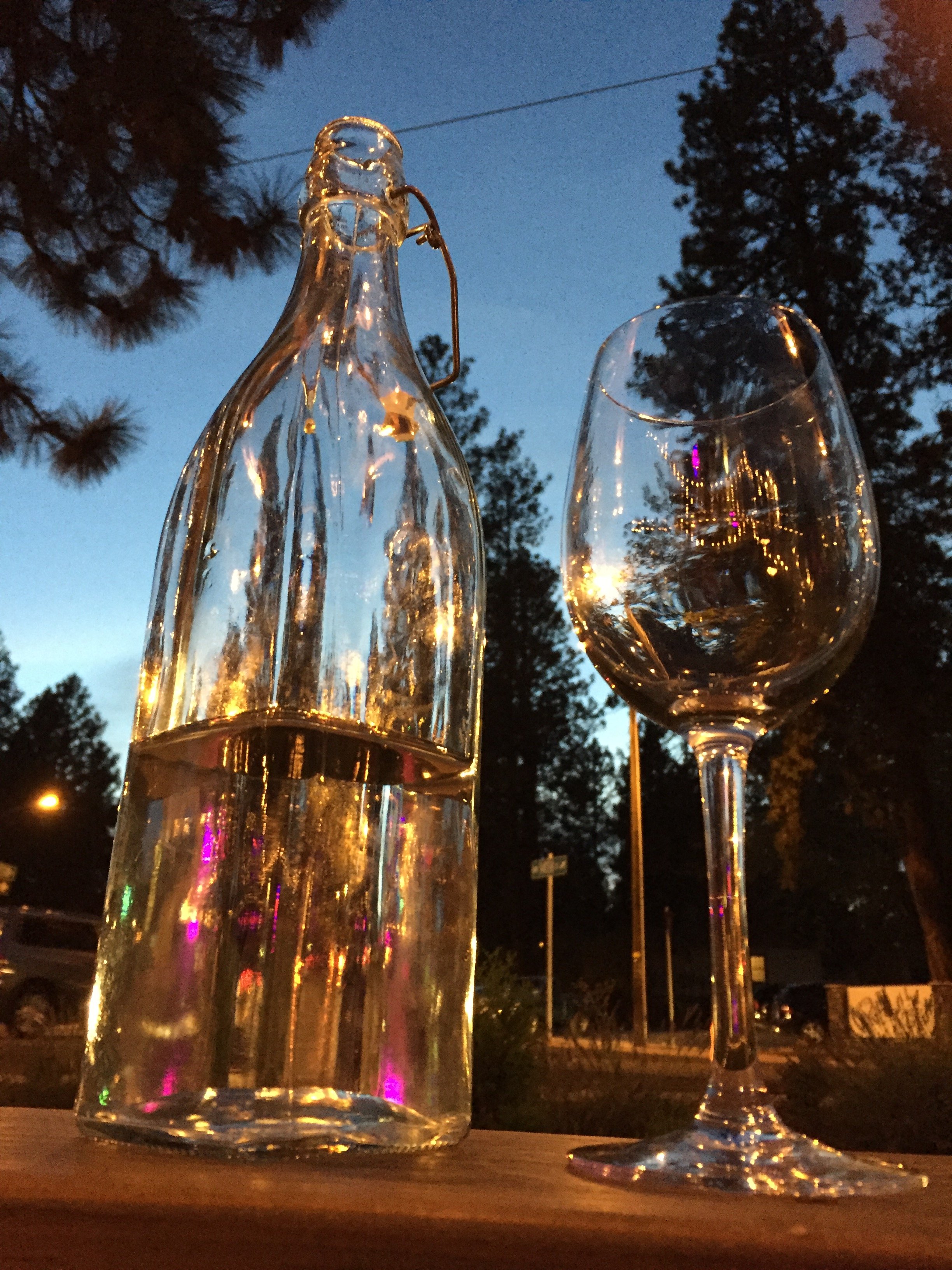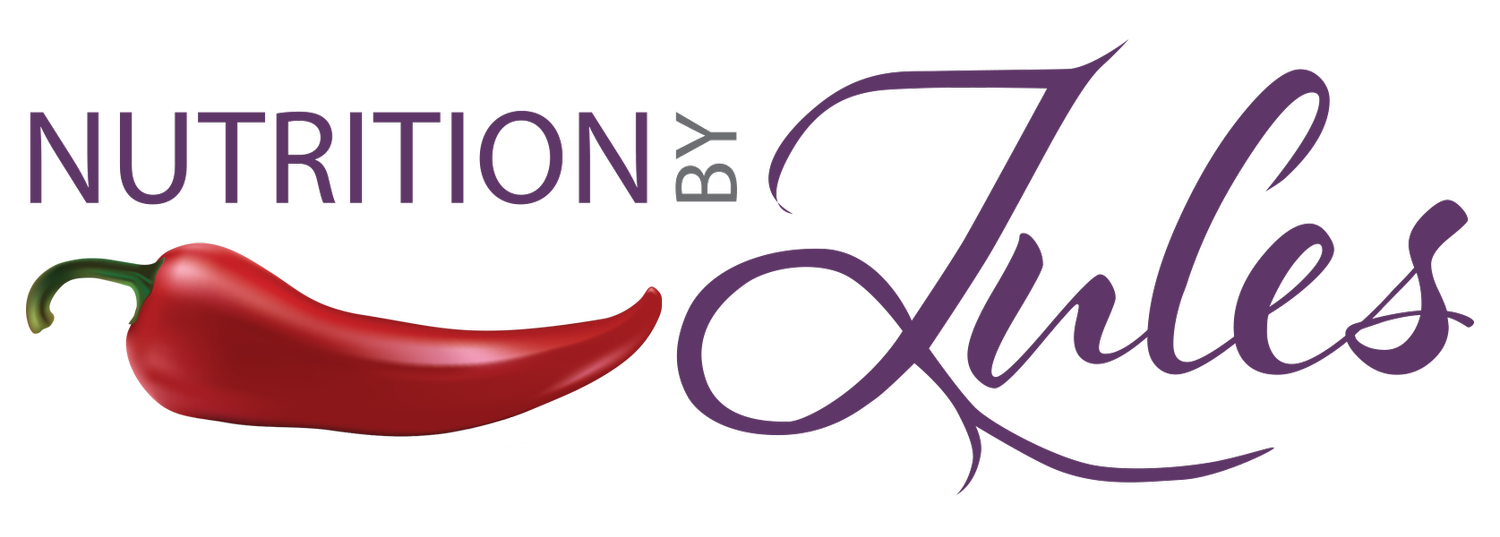Energy!
Here one minute and gone the next…
Energy is constantly being produced, stored and used in our surrounding environments and in our bodies. Our bodies use chemical energy to run all body functions. This chemical energy comes into our bodies as food (calories), is stored as glycogen (glucose) and triglycerides (fat) and is released as adenosine triphosphate (ATP).
As mentioned, every system of the body uses energy, from our muscles and blood vessels to our immune system and digestive track. Therefore, there are a lot of ways that energy can be drained, leaving us feeling physically and mentally fatigued.
Below are some mechanisms to consider when you are feeling tried and ways to help give your body a boost and stay energized.


Adrenaline and Endorphins… not to mention Dopamine and Serotonin.
These are all chemical messengers that increase energy.
Adrenaline responds to physical and mental stressors on the body. It will activate the central nervous system, release blood glucose into your system from storage, and increase your heart rate. All things to keep you alert and give you energy.
Stimulate adrenaline in a positive, controlled way with physical activity.
Endorphins, dopamine and serotonin have a positive effect on your mood. They increase pleasure and motivation and therefore energy!
Stimulate these feel-good helpers with exposure to light, quality sleep and engaging in activities you enjoy and/or that relax you. Things such as listening to music, reading, meditating, recreational sports, walking, and other hobbies (often termed self-care).
This is why you can be tired and dragging all day then be alert and stimulated in the evening; when you switch from work to play, or stressful to enjoyable, your body will release these feel-good chemicals.
Cortisol
Similar to adrenaline, this is a flight or fight hormone that responds to physical and mental stress on the body and triggers release of blood glucose from storage. This is a good thing UNLESS our normal cortisol cycle is disrupted and cortisol either increases or decreases to levels that cause fatigue.
Under its regular cycle, cortisol will elevate in the morning to awaken and alert us. It will then slowly diminish through the day so it is low when we want to go to sleep at night. Dopamine, mentioned above, also follows this pattern. Serotonin is similar in that it will spike during waking hours when it is light outside, and is then converted into our sleep hormone, melatonin, at night. If either of these mood regulating hormones is low, or out of rhythm, cortisol can be thrown off also. This is a double whammy on energy.
In addition, if we over stimulate cortisol production (chronic stress) then it will stop being produced at all together, meaning no glucose and no energy.
To help keep your cortisol loop regulated for a balance of energy, work on having high quality sleep on a regular schedule and establish healthy self-care habits, such as mentioned above.
Additional recommendation: It is worth re-evaluating your priorities and shortening your to-do list so you don’t risk spiking or constantly triggering your cortisol cycle.

Blood glucose
Energy comes primarily from glucose, which travels in the blood to the cells that need it. Glucose comes from food and from storage in the body. When glucose levels drop in the blood it means we must eat, or we must tap into our stores in order to continue to run all of our body systems.
If we cannot maintain a steady supply of glucose to the cells that need it we will become tired, irritated, moody, and dizzy.
Food energy: all food will bring about energy, but not all at the same rate. Carbohydrate foods mean immediate glucose release into the blood while protein and fats are a slower conversion. The key is to have a combination of these macronutrients to ensure release of glucose at a steady rate for maintained energy after eating.
Additionally, too many carbohydrates at one time means an overload, or spike, of glucose in the blood. This equals an initial rush of energy, but is quickly followed by a harsh drop. Therefore smaller portions, more often if necessary, are advised to help maintain energy.
Carbohydrates with fiber will be less impactful on the spike and drop of blood glucose as fiber is a carbohydrate that humans can not digest. These are the best carbohydrate choices to avoid an energy crash: veggies and berries, nuts and seeds, beans and legumes, and whole grains (not just any grains, WHOLE grains).

Stored energy: This is where the adrenaline and cortisol come back into play. These hormones will release our stores of glucose to boost our energy.
As we now know, stress on the body, both positive and negative, acute and chronic, will trigger these hormones to increase blood glucose. To control this energy release plan on enjoyable movement or hobbies when you start to feel an energy slump in your day.
Also worth mentioning is that not enough food can mean low energy as we only have so much stored glucose. If we aren’t eating, or not eating enough, and we run out of our storage of energy our cells will be depleted and our body will be forced to slow down. This is another good reason to eat smaller amounts of food and not to leave too large a gap between eating.
Sleep
Cortisol, dopamine, serotonin, melatonin and insulin (among others) are all hormones regulated through our sleep-wake cycle. Without adequate, quality deep sleep, these hormone loops can be sent into disarray!
Non-rapid eye movement, or non-REM, sleep is our deep sleep phase. We sleep in 90 minute cycles of non-REM and REM (rapid eye movement, or light sleep). More cycles of sleep mean more deep sleep, which means more restorative sleep. When we are in non-REM our hormones are brought back to homeostasis after a long day of taxing our body systems.
Promote deep sleep by having a scheduled bed and wake time and practice a nightly routine that calms your body before going to sleep. This should include putting away all electronics, especially from the bedroom, at least an hour before you plan to sleep.
Not surprisingly, regular physical activity and self-care techniques both help with quality sleep.
Hydration
The first sign of dehydration is often fatigue, followed closely by thirst. The exact mechanism(s) as to why we might get so tired from lack of fluid is not known. However, as you might imagine, if there is fluid in our cells, outside our cells and in our blood stream (well, basically everywhere in the body) then a decrease in water volume within the body has to have monumental effects on the cells that rely on that fluid for functionality.
It is recommended to get on average 8-10 cups of water a day. In addition, we should be getting another 4-5 cups from other fluids (coffee, tea, milk, etc.) and foods (fruits and veggies mostly). If you are a heavy exerciser or a heavy sweater, or are spending time in hot weather, you should consume even more.
The urine test is a great way to ensure you have enough water; if your urine is pale yellow then you are spot on! Too dark means not enough and too light means too much (yes, there is such thing as too much).

Bonus notes:
- Alcohol
- Alcohol will suppress REM early in the night, which means you will fall asleep fast, but it will increase REM later, meaning you will not be able to stay awake as long and not receive as much deep sleep overall.
- Caffeine
- Can be a positive, temporary jolt of energy, but use it wisely!
- It increases cortisol and can cause a crash in blood glucose and energy; it also decreases serotonin and therefore melatonin, impacting sleep; it can act as a diuretic leading to dehydration. All of which lead to fatigue.
- So, if you consume caffeine, the best advice is to do so early in your waking hours, keep it to a reasonable amount (ex= 1-2 cups coffee) and don’t rely on it as your only energy source or it will have the reverse affect!
- If ever you feel you HAVE TO HAVE coffee to stay awake on a daily basis, re-read this article, cut out the coffee and start changing habits to enhance energy by other means.
- Nicotine
- Like caffeine, nicotine acts as a stimulant; increasing blood glucose, blood pressure and heart rate, and alertness. It also causing sleep disruption and crash of energy. Overall not beneficial to maintaining body energy.
CliffsNotes: ENERGY=
Physical activity, enjoyable hobbies and self-care, small portions of fiber filled meals, plenty of water and high quality sleep.


